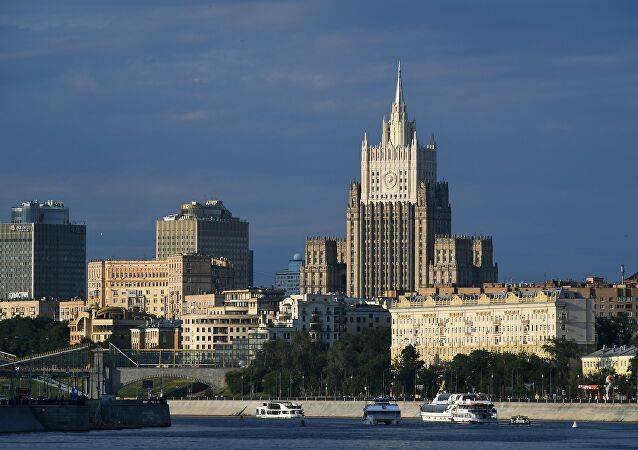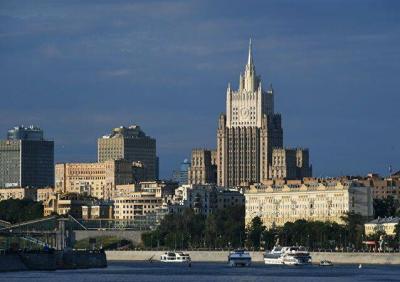The spokesperson for the Russian Foreign Ministry, Maria Zakharova, stated that the decision to expel European diplomats from Russia was an involuntary one and that Moscow was compelled to carry it out.
In a statement reported by Sputnik, Zakharova clarified that Moscow took compulsory measures to expel diplomats from Germany, Sweden, and Poland due to their participation in unauthorized protests. She stated, "The expulsion of German, Swedish, and Polish diplomats from Russia who participated in the unauthorized protests was a decision taken by Moscow involuntarily and was forced to be executed." Zakharova expressed regret that matters had reached this unfortunate stage, emphasizing Moscow's necessity to take actions concerning the expulsion of diplomats from three European Union countries involved in recent events.
The Russian Foreign Ministry had previously stated it summoned the Swedish ambassador, the acting Polish ambassador, and the German embassy envoy, informing them of Russia's protest against the recorded involvement of staff from the Swedish and Polish consulates in St. Petersburg and the German embassy in Moscow in illegal demonstrations on January 23, 2021. The ministry stressed that such actions by them were unacceptable and did not align with their diplomatic status. The ministry also explained in its statement that the diplomats involved in the illegal protests had been declared persona non grata in accordance with the Vienna Convention on Diplomatic Relations signed on April 18, 1961, and they had been directed to leave the territory of the Russian Federation as soon as possible.
The ministry added that the Russian side expects Swedish, Polish, and German diplomatic missions, along with their personnel, to strictly adhere to international law. It is noteworthy that earlier, unauthorized protests were organized in dozens of Russian cities, during which the Russian Foreign Ministry warned against foreign interference in the country's internal affairs. This was in the context of the Russian authorities arresting opposition leader Alexei Navalny upon his return from Germany. A Russian court sentenced Navalny to three and a half years in prison for violating the terms of a previous ruling issued against him in 2014 regarding the "Ive Roche" case, less the months he spent under house arrest that year, resulting in him spending two years and eight months in prison.




